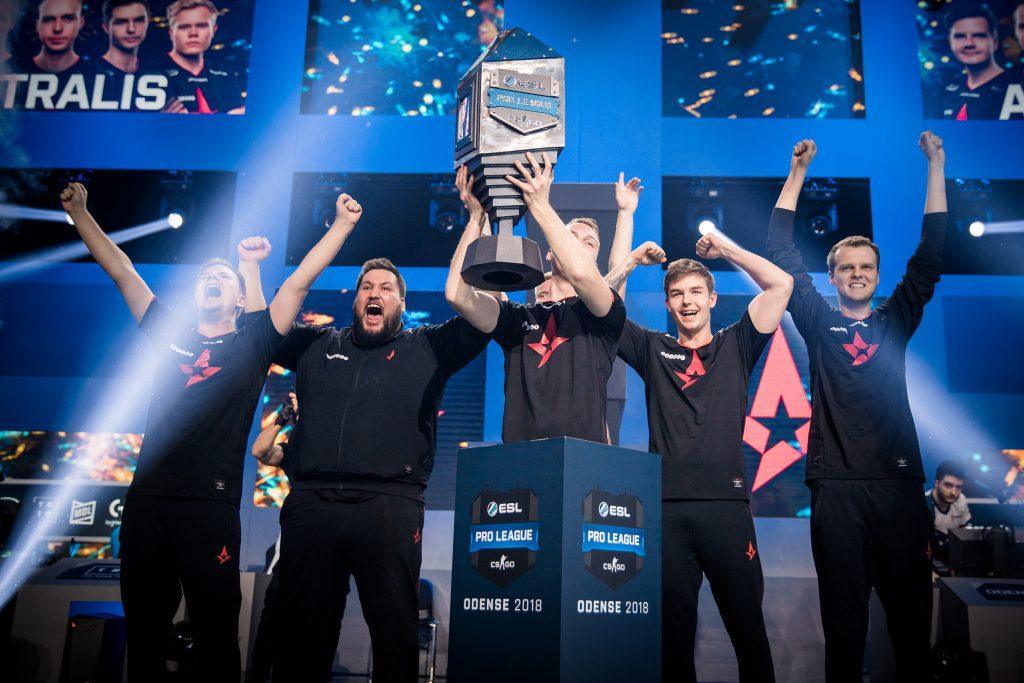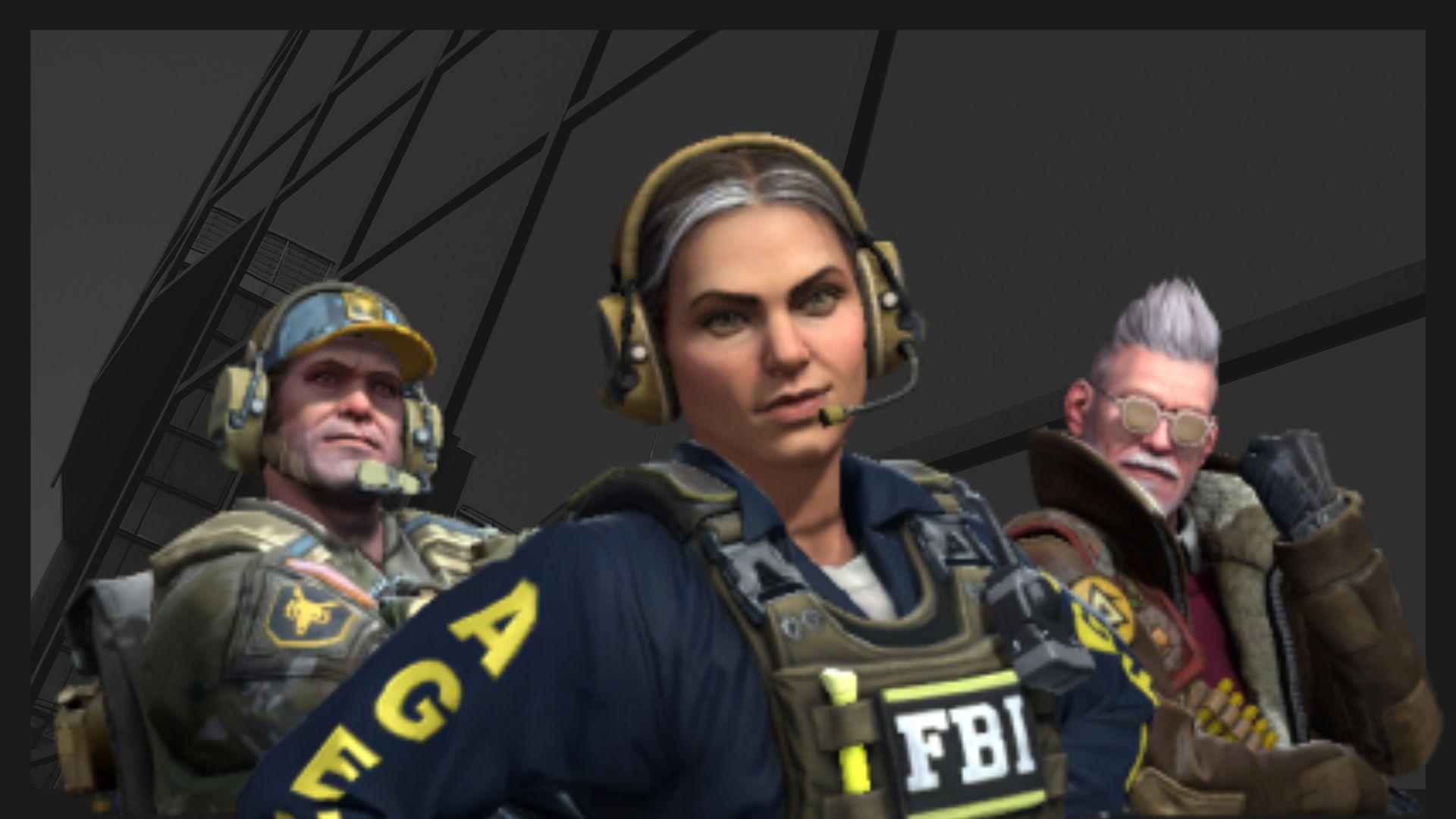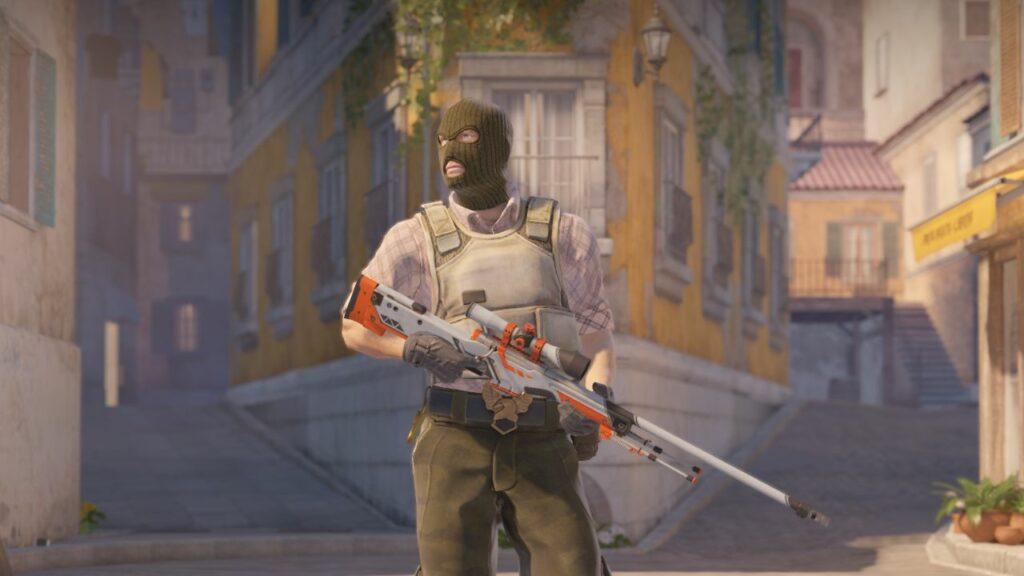
ESL Pro League rules could bring team exclusivity to CSGO
Big changes could be coming to Counter-Strike: Global Offensive’s professional scene.
According to a report by Dexerto’s Jarek Lewis, the ESL Pro League is going to begin imposing heavy exclusivity requirements on participating teams in an effort to limit their ability to participate in other events.
“Beginning January 1st 2020, all member teams of Pro League shall not play in other Counter-Strike leagues,” the terms read. “This means non-Valve sponsored competitions where the first day of competition excluding qualifiers and the grand final day are more than 14 days apart, besides Pro League.”
The terms also include restrictions on what other kinds of tournaments teams can participate in. ESL is seeking to limit the amount of time Pro League teams spend on the road to 60 days. This includes the entire duration of a tournament, regardless of whether the team participates in any given day. It also bars participation in tournaments during the ESL Pro League season. The only exception is playing in online qualifiers for events with prize pools of $200,000 or more.
The news follows the announcement of a $5 million circuit organized by ESL and DreamHack, called the ESL Pro Tour. The circuit is divided into the Open, Challengers, and Masters tiers, and links together established event series such as the ESL Pro League, Intel Extreme Masters, DreamHack Masters, and the Mountain Dew League. The tournaments build towards two new events, the IEM Katowice Masters Championship and the ESL One Cologne Masters Championship
These terms only apply to the ESL Pro League and would not preclude teams from participating in other ESL Pro Tour events. It also makes an exception for all Valve-sponsored majors and minors.
Will CSGO teams agree to ESL Pro League exclusivity requirements?
The move seems specifically designed to combat FACEIT’s Esports Championship Series, one of the largest CSGO events outside of the umbrellas of ESL and DreamHack. A significant number of top teams currently participate in both, including Team Liquid, Astralis, NRG Esports, and many more.
According to Lewis, multiple teams have not yet agreed to this new format. It is unclear how many this includes and what their plans are. This new requirement would force teams to become considerably more selective in which events they participate in, and would adversely impact the viability of running CSGO events for other, smaller tournament organizers.
These requirements carry serious ramifications for the entirety of the professional CSGO scene, but the big question now is how many teams will acquiesce. While organizations refusing to meet these demands en masse would likely force ESL to drop that requirement, the sizable prize pool of the ESL Pro Tour could be enough to get teams in line.
More developments are likely to come in the near future.
Recommended

s1mple is offering lessons to help you get good at CS2
Have you dreamed of playing like s1mple?

Recent CS2 ban wave punishes cheaters during live games
Valve is banning players in bulks.

Players hopeful after Valve adds Overwatch to expose CS2 cheaters
Only “trusted” players will be Overwatch investigators.







